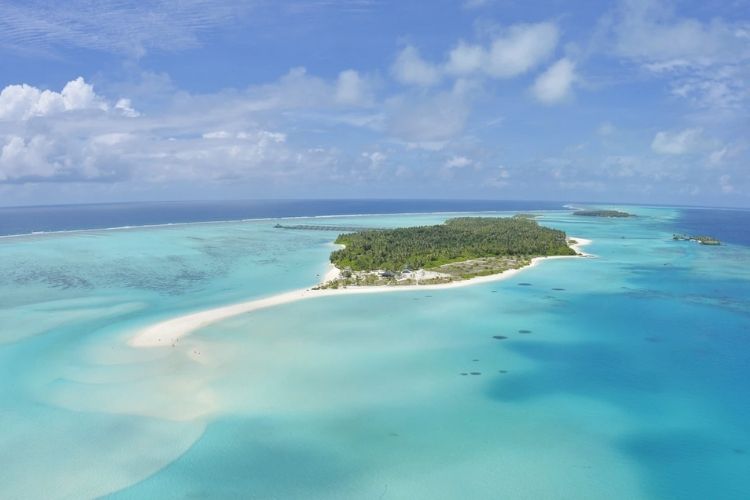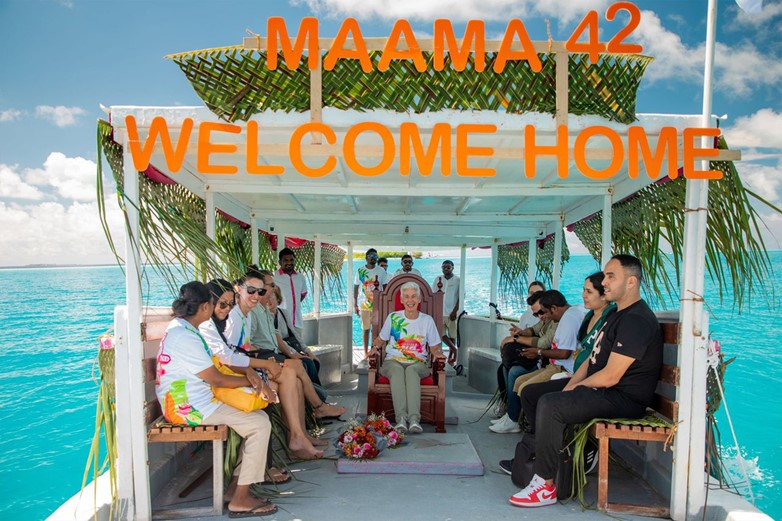Sun Island Resort & Spa – A Villa Hotels & Resorts property among the best family resorts in the Maldives, is reopening on 1st October 2020. A resort where the sun always shines, Sun Island Resort would definitely captivate guests’ hearts with extraordinary experiences and unforgettable memories.
Villa Hotels’ CleanStay@Villa initiative ensures all the resorts of the company follow the health and safety guidelines of the Maldivian government agencies and suggestions of the World Health Organization. The initiative ensures guests’ confidence and peace of mind while they holiday in the Maldives. Furthermore, PCR testing is also available at the resort as well. Furthermore, as a part of the guidelines temperature checks and screening measures will be carried out at the first point of entry for all tourists.
The ‘flowering jewel among Maldives hotels’ boasts 462 beautifully furnished rooms offering harmonious views and modern amenities. The accommodation options at sun island include; Water Bungalow, Beach Pool Villa, Sunset Villa, Superior Beach Bungalow, Standard Beach Bungalow, Sun Villa, and Two-bedroom Family Villa.
Sun Island Resort & Spa features two buffet and four à la carte restaurants. The restaurants offer everything from delicious Italian dishes to authentic local cuisine. Indulge in global culinary flavors at Southern Star, which offers daily buffets. Also complete with international dishes and fresh seafood displays, offers everything to sample from around the world. Meanwhile, the tranquil Al Pontile situated overwater, serves traditional Italian specialties. In addition to that, the Sun Star Thai Restaurant offers unique cuisine and delicious Asian-inspired flavors to dine on while overlooking the Indian Ocean.
The resort also features 6 bars and a modern spa as well. Guests can also renew their vows with a wedding celebration at Sun Island. Nestled on Nalaguraidhoo island and accessible only by boat, Sun Island Resort & Spa is surrounded by tropical gardens and tranquil white-sand beaches.







